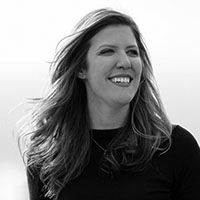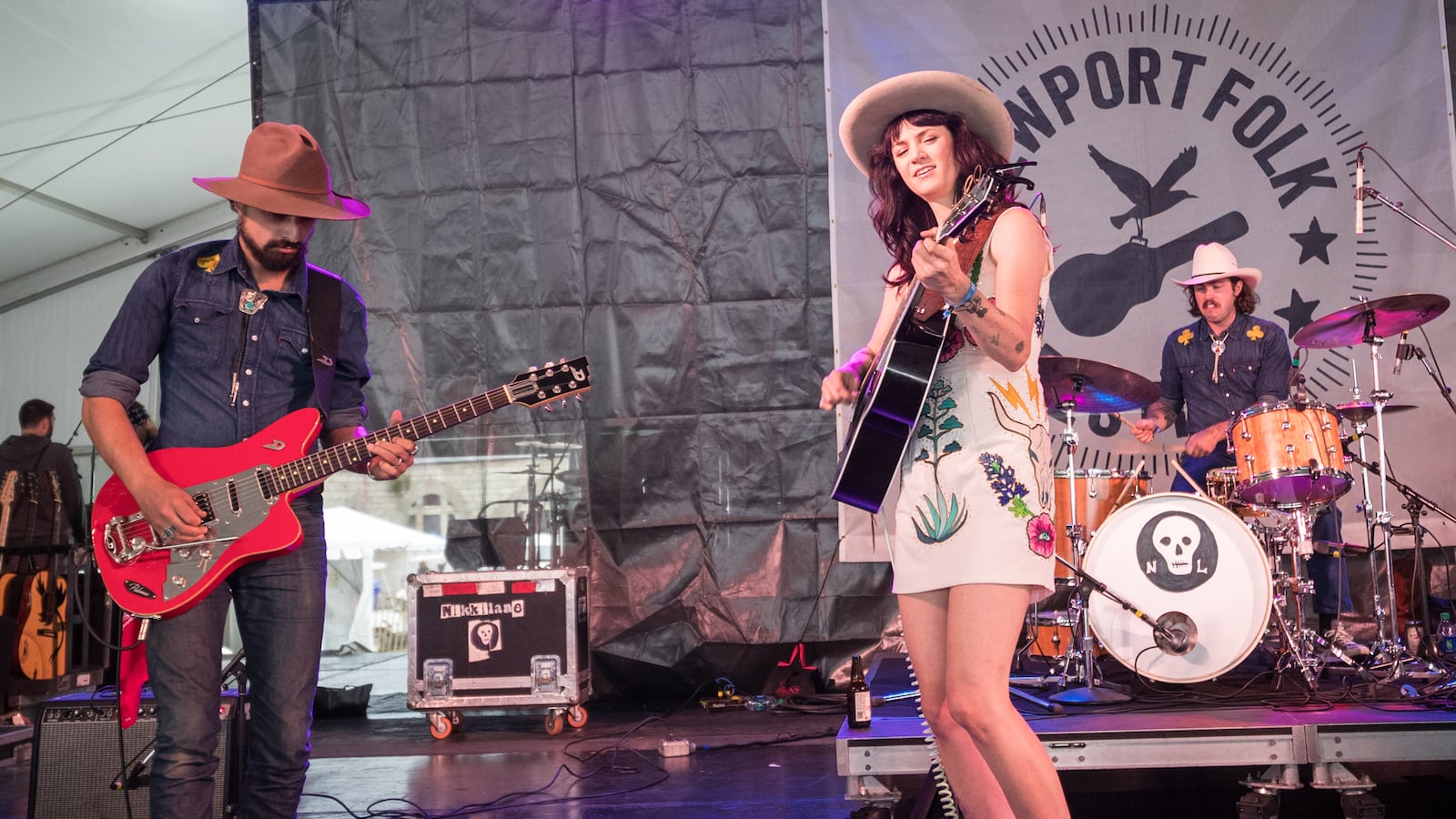Because it is perfect just the way it is, I’m reluctant to share that the Newport Folk Festival is one of the best-kept secrets when it comes to music festivals.
The 10,000-person music festival established 1959 in Newport, Rhode Island, at Fort Adams State Park has sold out since 2014 before the line-up is even announced. Eight summers after attending my first one, I have to set my alarm now when tickets go on sale to make sure I snag one.
In an era where music festivals seem to be more about the Instagram-worthy set-ups or fashion opportunities and less about the music, Folk Fest brings people back year after year to catch their favorite artists and discover some new ones as they step into “the music fan’s music festival.”
Most people out of the know look at the line-up though and scratch their heads. How is this folk music? Southern rockers Seratones play before Portland’s indie-pop band Blind Pilot, and Regina Spektor is later in the day, whose profile literally starts with, “A veteran of New York’s anti-folk scene…” Chicano Batman says after one song, “That’s about as folk as we’re gonna get.” This is part of the tradition of Folk Fest, which has always been an eclectic mix of sounds, with one thing in common: rooted American music.
It started as an afternoon session of George Wein’s Newport Jazz Festival in 1959 as a catch-all of artists that didn’t fit in. Folk legends like Odetta, Pete Seeger, and the Weavers played, along with others, including an unknown upcoming newcomer by the name of Joan Baez as a guest of Bob Gibson.
It became such a smashing hit that it became its own festival. A few years after she first appeared, Baez would bring another up-and-comer: “Bobby” Dylan. The festival’s popularity grew year after year and became the benchmark for music festivals. As an “Americana” music festival, talent is scouted from all over the country, mostly by the artists themselves already indoctrinated into the “folk family.”
The history of Newport isn’t lost on the artists that play today. Throughout the weekend, many of the acts comment on the privilege they feel in playing Newport. Newcomer country musician Joshua Hedley from Nashville, a sideman for years now doing his own thing, remarks, “To be able to play Newport Folk Festival right out of that damn gate, that’s pretty cool. I didn’t think there’d be anyone out there.”
But there was. It’s a packed tent at the Quad stage, one of the festival’s three stages. The biggest complaint of festival goers is that there’s too much music. I struggle to pull myself away from J.P. Harris & Chance McCoy—who are cracking jokes and having a great time singing not bluegrass music but “old time music”—because I also want to see Mandolin Orange and Offa Rex, who overlap.
These mash-up of bands are no stranger to Folk Fest. Jay Sweet, current executive producer of both Newport Folk Festival and Newport Jazz Festival, encourages longtime festival artists to try out new ideas, act mash-ups, and play together. “I’d rather them do it at Newport then anywhere else on the face of the earth,” says Sweet.
Throughout the weekend, artists make surprise appearances to sing with other bands, like Rayland Baxter showing up to play with the Head and the Heart, unannounced Nathaniel Rateliff & the Night Sweats closing with Preservation Hall Jazz Band joining, and Lucius showing up and singing “Ooh Child (Things Are Going to Get Easier)” with the Berklee Gospel & Roots Choir.
The Punch Brothers teamed up with I’m With Her for an epic “American Acoustic” set.
Since taking over the festival in 2008, Sweet has been entrusted with keeping the traditions of the festival alive while ushering it into the modern age. Dylan went electric in 1965. The Pixies went acoustic in 2005. Fleet Foxes closed out one day this year, and John Prine closed out the next. You’ll sway to a tribute to Bill Withers before screaming along to “Black Hole Sun,” which the Avett Brothers are playing as a tribute to the late Chris Cornell of Soundgarden.
The festival has always been about the mix of satisfying the folk “purists” and keeping the interest of the “evolutionists.” It’s not just about piling new hot acts on, but about the mix of old favorites while giving a shot to new ones. You might have come to rock out to Dr. Dog, but you also found yourself falling in love with relatively unknown Pinegrove, who left the stage to a standing ovation.
The appreciation is what brings back artists year after year. It’s not uncommon to see the musicians walking freely around the festival, able to enjoy the other acts without getting hassled for autographs or pictures, something unheard of at other festivals.
Artists and listeners have a mutual love and respect for one another. During their set, the band Joseph, made up of three says, “The people that played here and the people that come here. I can’t even. You’re all legends.”
I watch a woman wearing a “Resist” T-shirt chase around a toddler in a shirt with Bob Dylan’s face on it during Whitney. I see a couple with matching dreadlocks dancing along to Mt. Joy. I see my own friends standing and singing along together to Shovels and Rope.
The Newport Folk Festival brings out the young and old, families and friends, and strangers that come together for one weekend a year to experience music and joy. The reason it sells out every year before the artists are announced is because the fans trust that this is one festival really all about the music.




